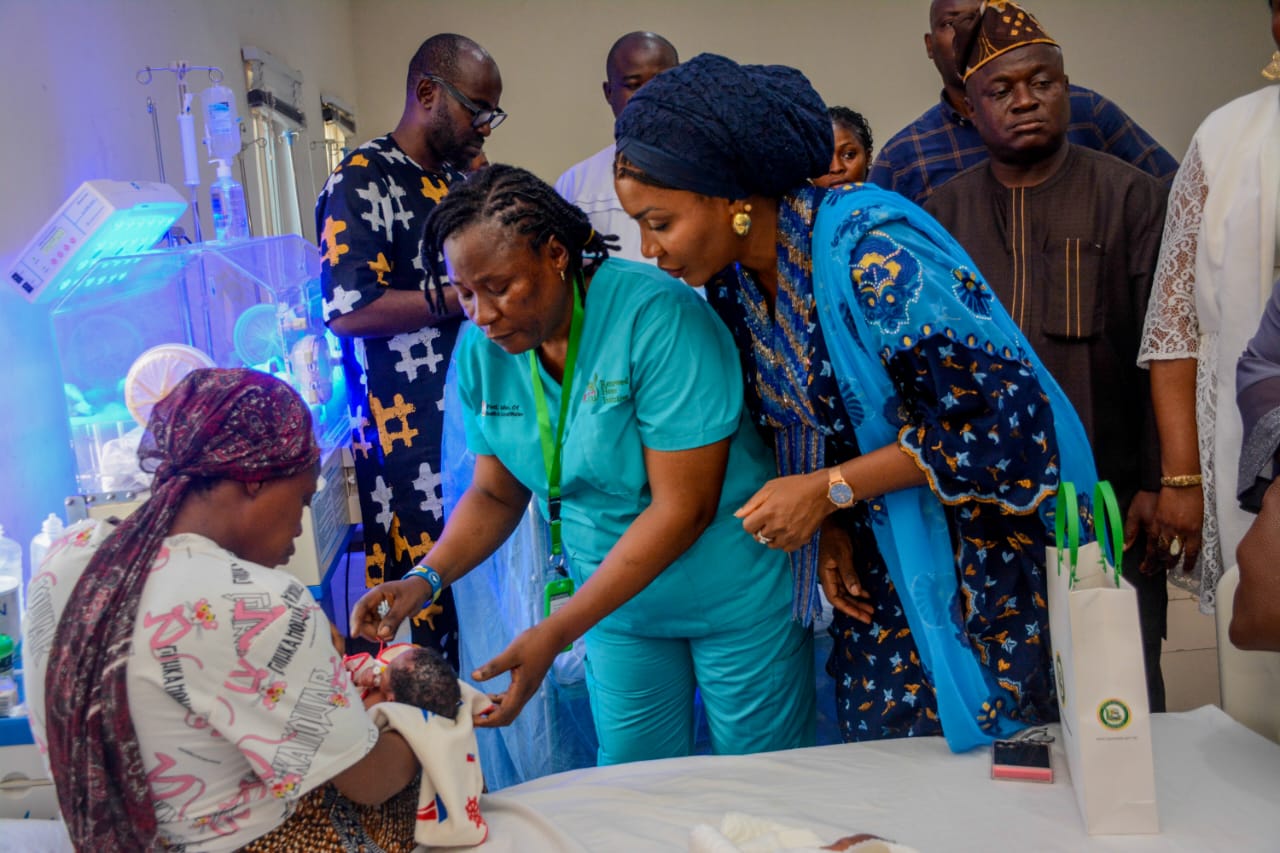The Poultry Associaton of Nigeria (PAN), FCT Chapter, has emphasised that eggs remain one of the most affordable and complete sources of dietary protein, capable of providing 12 to 13 per cent of daily nutritional requirements.
The association made this known on Friday during an interview with the News Agency of Nigeria (NAN) to mark the 2025 World Egg Day, themed “Mighty Egg: Packed with Natural Nutrition.” World Egg Day is observed annually on the second Friday of October and was established in 1996 by the International Egg Commission (IEC) to highlight the nutritional and economic value of eggs.
Mrs Yemi Egwudale, Auditor of PAN FCT and Managing Director of Yemi’s Integrated Farms, said eggs, priced between N150 and N250, provide a complete diet suitable for individuals of all ages. She noted that consuming two eggs daily supplies roughly a quarter of the body’s protein requirement, a level of nutritional value that is difficult to achieve with many other common food items.
“Eggs contain protein, carbohydrates, fat, and healthy cholesterol. One or two eggs daily gives a child a fully nourishing diet for learning and development,” Egwudale said. She urged the government to revive the school feeding programme and ensure that each pupil consumes at least one egg daily, citing its affordability and high nutritional content.
Egwudale also highlighted several challenges confronting poultry farmers in Nigeria, including insecurity, limited access to veterinary services, and the high cost of inputs and day-old chicks. According to her, the price of a day-old chick ranges from N1,600 to N1,900, while raising it to the point of lay costs approximately N9,000, making production expensive.
She called on the government to provide subsidies for poultry inputs, prioritise grants, and offer affordable loans to farmers to ensure sufficient egg production to meet the needs of a growing population. “Government can partner with hatcheries, feed mills, and vaccine producers to cut production costs. This will make eggs more affordable and accessible to low-income Nigerians,” she added.
Egwudale further expressed concern over the impact of insecurity on poultry farming, noting that many farmers now operate by proxy due to fears of attacks on farms and staff. She urged authorities to address security issues in farming communities, stressing that protecting farmers is essential to achieving national food security objectives.






